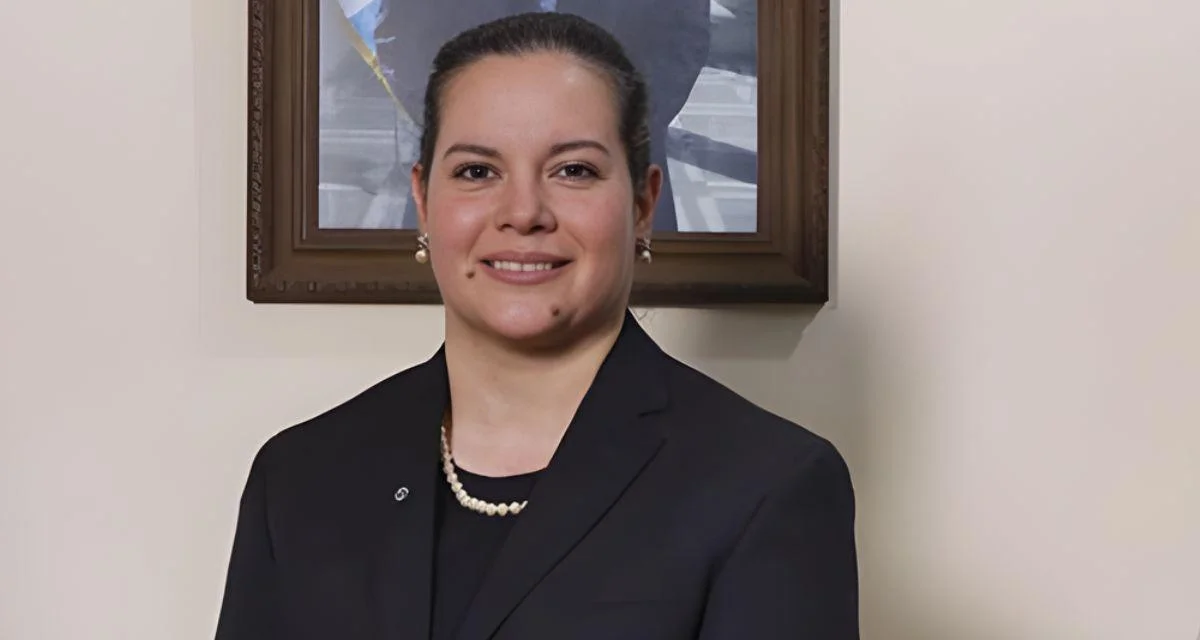On October 28, the Ministry of Agriculture, Livestock and Food (MAGA) held a training workshop for extension workers in Suchitepéquez. The event, titled “Malnutrition, safe water, hygiene and sanitation at home,” took place at the Mazatenango Cultural Center and was attended by extensionists from various areas of the department.
The workshop was organized by a nutritionist from the Nutrition-Sensitive Agriculture component of the Vice Ministry of Food and Nutritional Security (VISAN), with support from institutions such as the Ministry of Public Health and Social Assistance (MSPAS).
During the session, participants received training on several key topics related to combating malnutrition. These included the relationship between extension work and rural families’ nutritional status, with emphasis on how undernutrition affects physical and mental development in children under five years old and its long-term effects on family productivity and income.
The workshop also covered safe water practices, discussing sources of water, contamination risks, storage methods, and strategies that extensionists can use to ensure safe consumption. A representative from MSPAS shared “the 10 Golden Rules for proper food preparation and consumption,” highlighting personal and community hygiene habits.
Additionally, sanitation in the home was addressed through visual materials and participatory activities. Extensionists suggested actions to improve sanitation in their communities and shared successful intervention experiences led by MAGA’s rural home and youth professional.
According to MAGA’s nutritionist: “This type of workshop promotes nutrition-sensitive agriculture by training extensionists in practices that directly influence the health and nutrition of rural families, thus strengthening the Ministry’s work in preventing undernutrition and improving quality of life in communities.”

 Alerts Sign-up
Alerts Sign-up